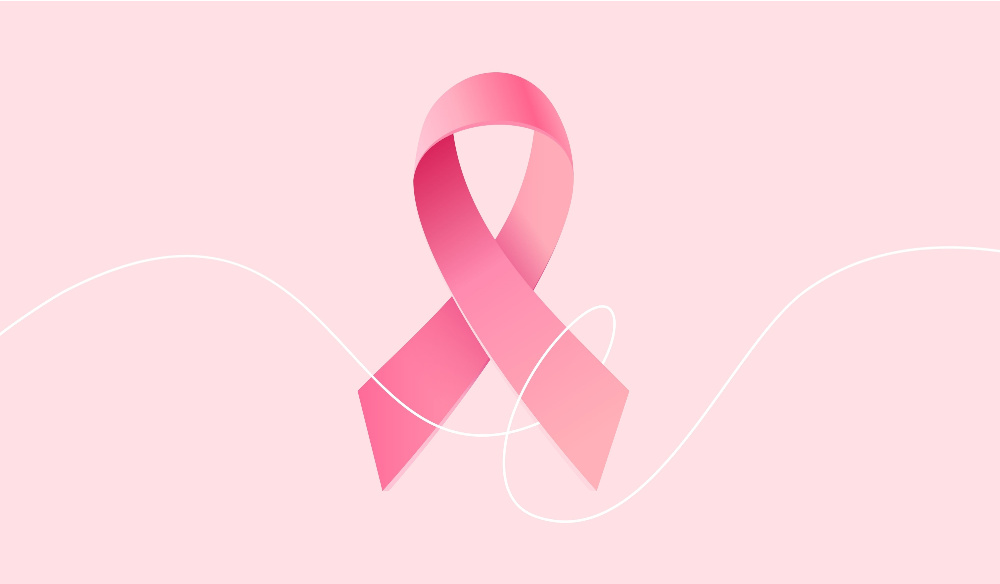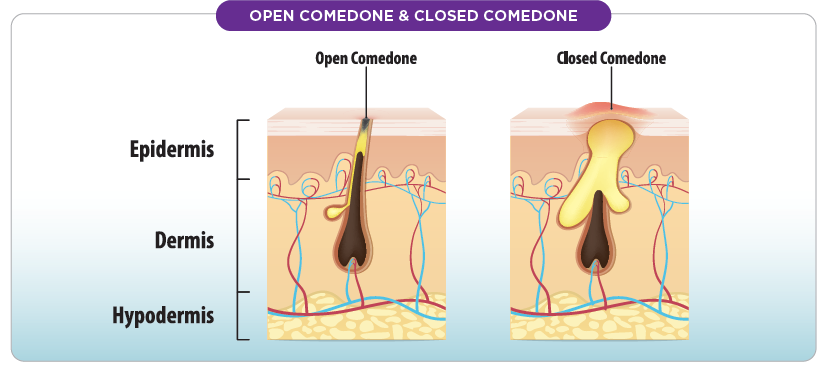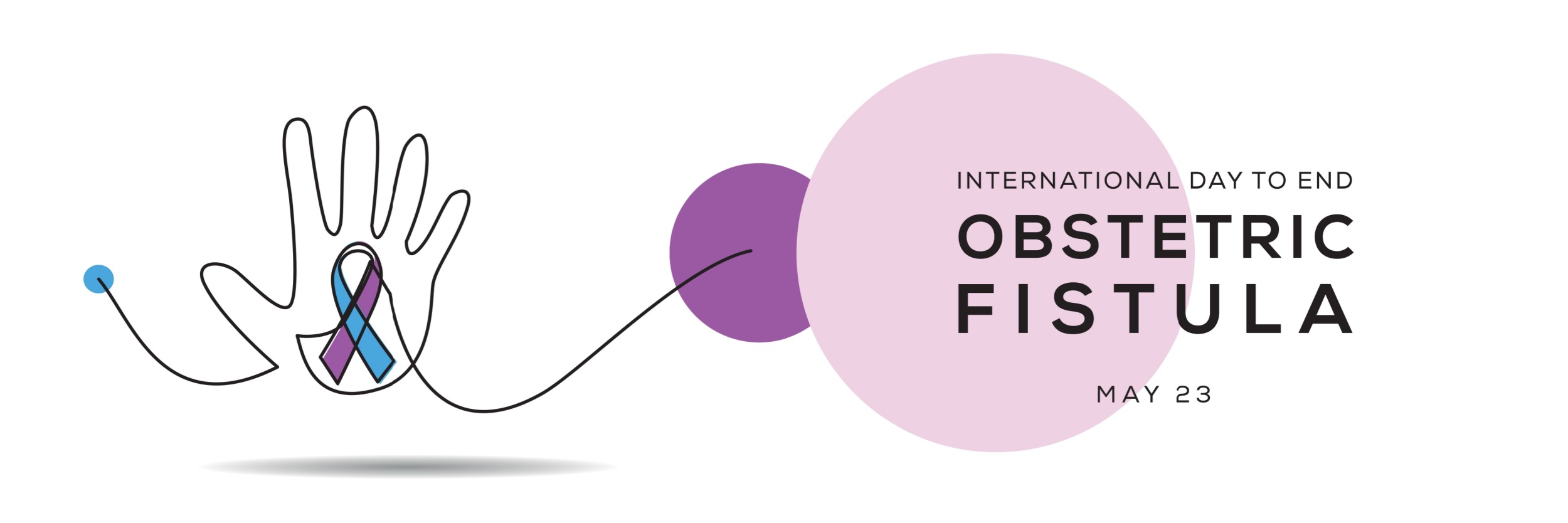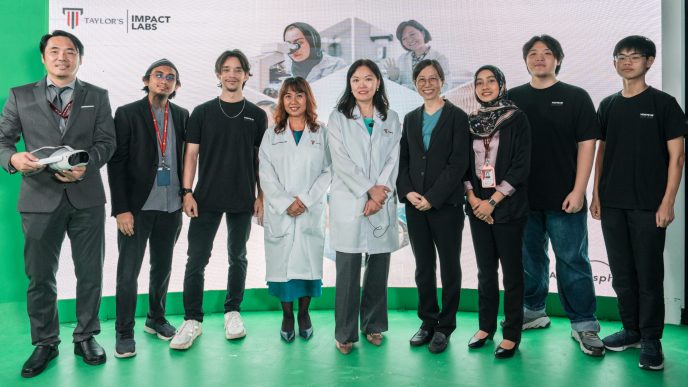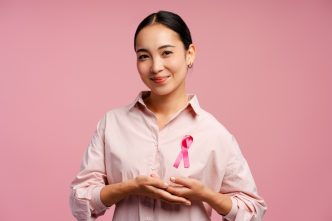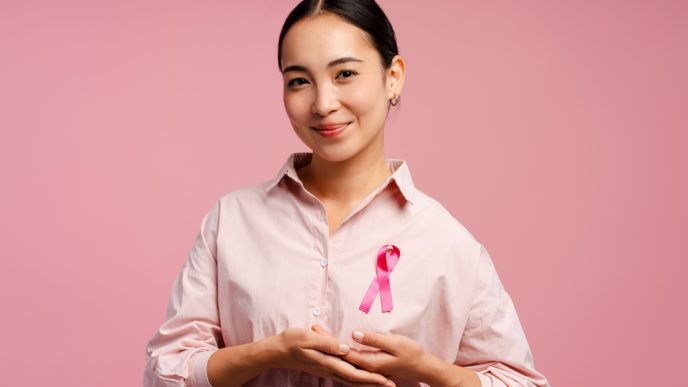WORDS DR KILEY LOH WEI-JEN
 FEATURED EXPERT FEATURED EXPERTDR KILEY LOH WEI-JIN Consultant Medical & Breast Oncologist Penang Adventist Hospital |
30-40% OF MALAYSIAN WOMEN PRESENT WITH ADVANCED BREAST CANCER
These women either have a very high risk of relapse or are already experiencing cancer that has spread to other parts of the body.
Unfortunately, cancer that has spread outside the breast and surrounding lymph nodes is mostly incurable.
For these women, the focus is how we can help them live well and longer.
THERE ARE DIFFERENT TYPES OF BREAST CANCERS, EACH WITH VERY DISTINCTIVE TREATMENTS
The types of breast cancers are usually assessed by a laboratory test called immunohistochemistry for the presence of oestrogen receptors (ER), progesterone receptors (PR) and human epidermal growth factor receptor 2 (HER-2) receptors.
Breast cancers that are positive for ER and PR and negative for HER2, also termed hormone receptor-positive HER2 negative breast cancers, are the most common type, making up about 70% of all breast cancers.
The female hormone oestrogen mainly drives these breast cancers and is usually treated with anti-hormone treatments in combination with a targeted treatment called CDK4/6 inhibitors.
LET’S LOOK AT THESE TREATMENTS IN MORE DETAIL
Anti-hormone treatments block breast cancer cell’s ability to use oestrogen within a woman’s body, while CDK4/6 inhibitors work by blocking the proteins CDK4 and CDK6 that help cancer cells to divide.
Both these treatments are usually given as tablets.
However, premenopausal women usually require additional anti-hormone treatments to render them menopausal, either through anti-hormone injections or surgery to remove the ovaries.
Research-based evidence
Studies have shown that a combination of anti-hormone and CDK4/6 inhibitors effectively controls advanced breast cancers and helps these women live longer.
Smaller studies suggest that men with hormone receptor-positive HER-2 advanced breast cancers benefit equally from these treatments.
Additional studies have also shown that they are more effective and tolerable than traditional chemotherapy. As patients may be on treatment for an extended period, sometimes over many years, side effects must be considered and managed well.
Recent studies have also now shown that anti-hormone treatments and some CDK4/6 inhibitors also work in people with high-risk, early-stage hormone receptor-positive HER-2 negative breast cancers, as well as reducing the risk of the cancer relapsing.
Potential side effects
Anti-hormone treatments can potentially give rise to low oestrogen symptoms, such as hot flashes, joint stiffness, dry skin and vaginal dryness, all of which tend to dissipate over time.
CDK4/6 inhibitors can commonly cause fatigue, low blood counts, and appetite changes, which are manageable with dose changes and tend to dissipate over time.
HOW ABOUT THE COST OF TREATMENT?
Despite the importance of anti-hormone treatments and CDK4/6 inhibitors for people with advanced or high-risk early-stage hormone receptor-positive HER-2 negative breast cancers, access remains a problem in Malaysia due to the cost of treatments.
Most people who are insured are able to access these treatments, but access through the public healthcare system is limited due to cost issues.
Nonetheless, financial support for these treatments can sometimes be available through some charitable organizations in Malaysia.

